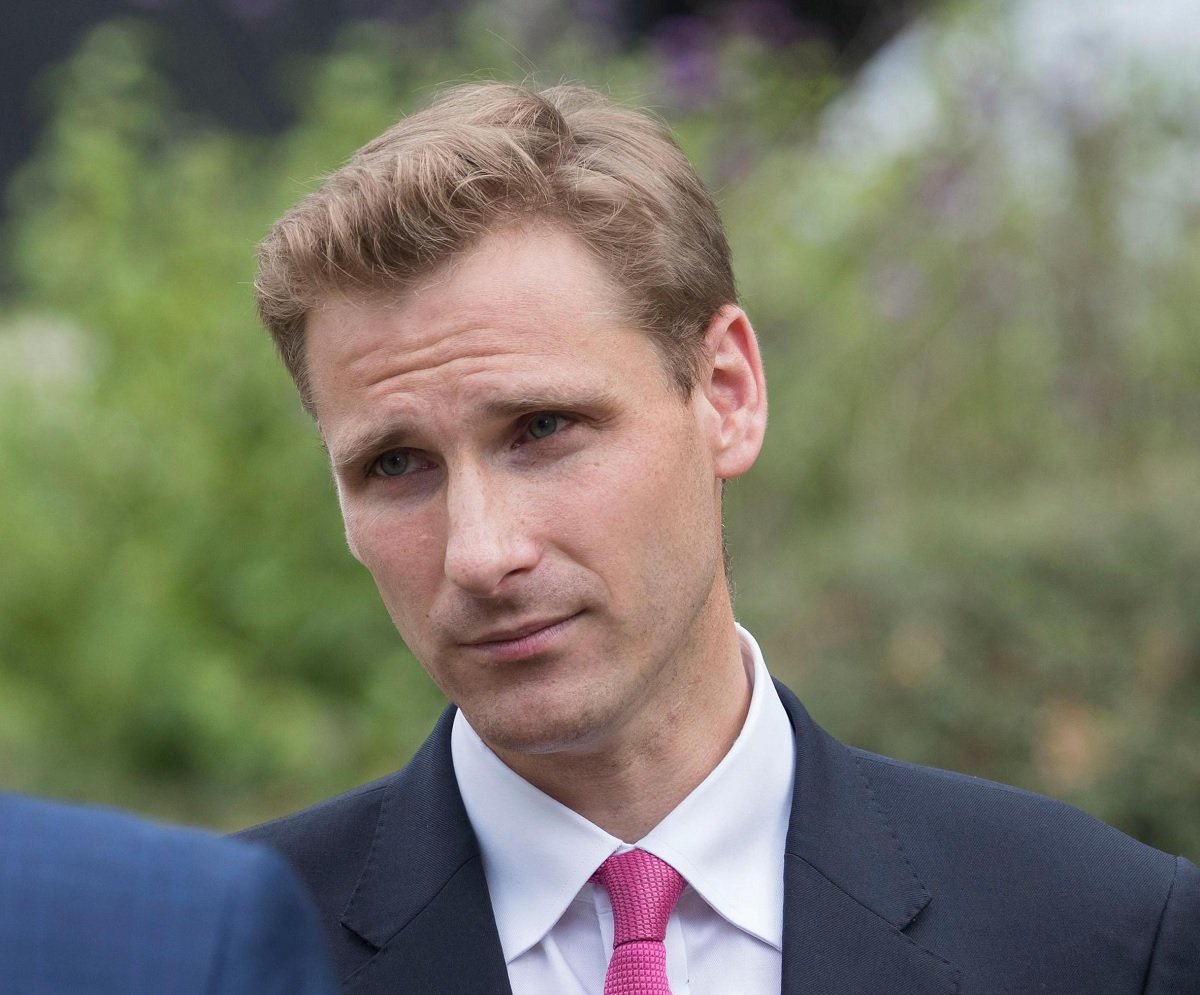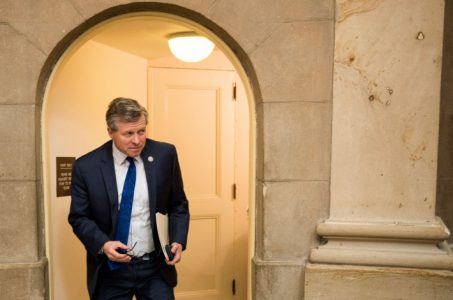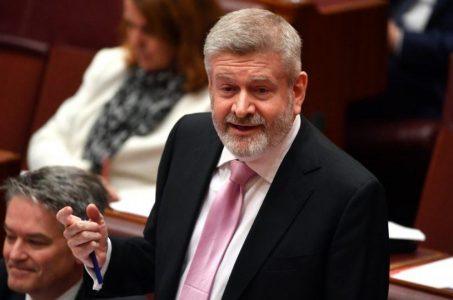UK Digital Economy Minister Says £100 Affordability Checks Not on Horizon
Posted on: December 9, 2021, 01:39h.
Last updated on: December 9, 2021, 06:11h.
UK digital economy minister Chris Philp confirmed Wednesday that online gaming affordability checks would be one of the upshots of an ongoing review of the nation’s Gambling Act. But they would be “proportionate,” he said.

That means gamblers will not have to provide information about their income and monthly outgoings if they lose more than £100 ($132) within a matter of weeks, as had been proposed.
Critics argued such checks would be astonishingly intrusive and a threat to civil liberties.
There are also concerns this measure would decimate the betting industry, as well as sports like horse racing that rely on it for funding while pushing problem gamblers towards the unregulated black markets.
The industry has warned that horse racing could lose out on £60 million (US$79 million) per year from bookmakers, as recreational gamblers would be dissuaded from betting by the intrusive checks.
Gambling Act Unfit for Purpose
The government launched a review of the 2005 Gambling Act a year ago, saying it was no longer fit for purpose in the digital age. The act liberalized online gambling, launching one of the most permissive regulatory frameworks in the world. And it preceded the advent of the first smartphone in two years.
Now there’s a backlash. Many of the reforms under discussion revolve around the wave of advertising in sports and the way people are exposed to gambling marketing on the internet. There have also been talks of capping online gambling bets at £2 ($2.60).
The £100 affordability checks were first suggested by Labour MP Carolyn Harris, who chairs the all-party legislative group conducting the review.
But speaking at the GambleAware annual conference yesterday, Philp said the £100 threshold won’t make the final cut.
“As the [Gambling] Commission has said, demanding payslips or bank statements from every customer spending £100 or so is likely to be unwelcome, disruptive, and disproportionate to the risks, but there is a level that is appropriate,” he said, as reported by The Racing Post.
Focus on ‘Unaffordability’
While Philp declined to say what the threshold should be, he said believes a system that could prevent unaffordable online gambling would have a “transformative effect.”
“I’ve heard too many stories about people losing obviously unaffordable sums of money, not prevented by operators who had data to stop it from happening,” he added.
Philp wants there to be greater data sharing on customers among operators and advocates the introduction of a single customer view (SCV) system. This would make a customer’s data available across all operators once certain alerts are triggered that could indicate problem gambling
Much of the challenge for the all-party legislative group will be balancing concerns for customer protection with maintaining civil liberties. A white paper is expected within the next few months.
Related News Articles
Australia Considers Regulating Online Poker as Internet Gambling Ban Takes Effect
Bernie Sanders Announces 2020 Candidacy, Joins Crowded Democratic Field
Most Popular
Mirage Las Vegas Demolition to Start Next Week, Atrium a Goner
Where All the Mirage Relics Will Go
Most Commented
-
Bally’s Facing Five Months of Daily Demolition for Chicago Casino
— June 18, 2024 — 12 Comments
















No comments yet